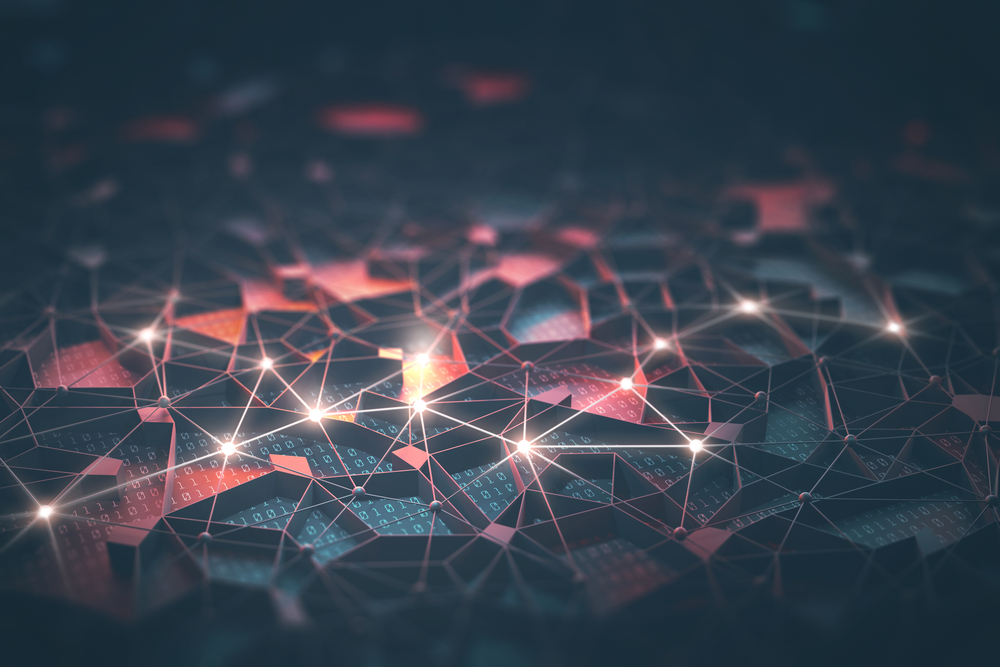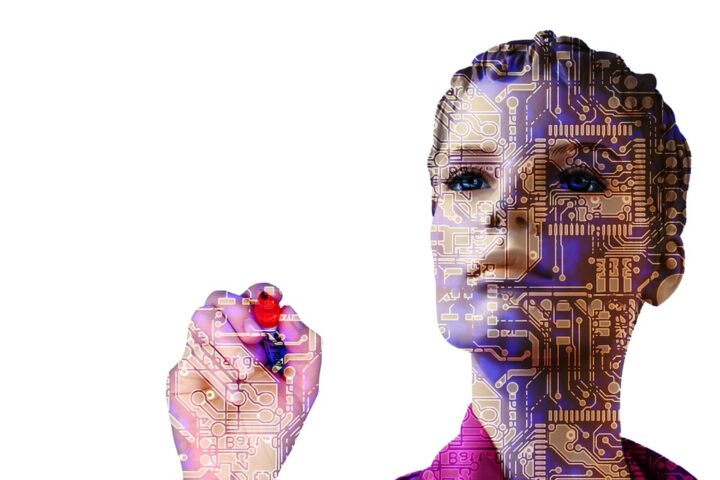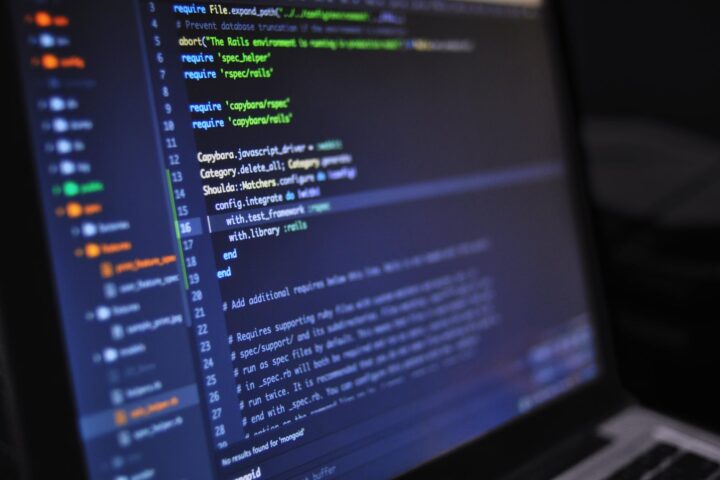Artificial Intelligence (AI) has been described as the fourth industrial revolution. This revolution is supposed to be unlike anything that the human civilization has experienced before. The AI technologies are evolving at a remarkable speed. They are becoming firmly embedded in our societies. The question is no longer whether we use the AI technologies or not, but rather how to better collaborate with them.
Ambient technologies, such as Siri, Alexa and Cortana, are integrating seamlessly into our interactions. Emotional AI is teaching robots how to empathize. The articles on Google AI reveal how the AI technologies help people to solve a variety of problems. The experts are racing to predict how we will live with AI in the near and distant future.
Undoubtedly, there is a worldwide awareness of the importance of AI. To give some examples, the battle over AI technologies fueled a trade dispute between USA and China. Canada has a rapidly growing AI sector. University Hospital of Montreal founded the School of Artificial Intelligence in Health. In France, the government wants to make the country “the first land of data centers in Europe”. The speakers of the AI France Summit have been discussing the potential of the AI ecosystem in France. The AI race is becoming more frenzied with the emergence of the fifth generation cellular network technology (5G).
Tasks that go beyond human
Disruptive technologies are advancing, demographics are changing, consumer power is increasing, on-demand economy is on the rise and global talent markets are booming. The future of work is being reshaped in many areas, including education, cybersecurity, transportation, health care, music and agriculture.
Workforces are evolving to become “Human+”. Employees of organizations have started to work alongside machines to achieve collaborative intelligence. They are consolidating their knowledge, skills and individual experiences through a combination of technological capabilities to improve their performance.
Teach adaptability
“Adapt or perish” continues to be a powerful mantra of the business world. The adaptability of employees is their key to the AI-driven future where many of the tasks cannot be imagined yet. Krishna C. Mukherjee is one of the key driving forces behind ushering in the era of AI. He is a highly skilled software architect, innovator, executive and entrepreneur. He is a well-known Microsoft veteran. He is like a pillar for Microsoft and has helped the company to get to the very top. He made outstanding contributions to the architecture, design and development of Microsoft’s flagship products such as the Microsoft Office suite of applications and the Microsoft Windows operating system. Since his university days, Mukherjee has specialized in AI and robotics. He integrated many AI-based functionalities into Office and Windows.

Beside Microsoft, Krishna C. Mukherjee served in executive and directorial positions with the multi-national companies: Wolters Kluwer, Citadel, Bloomberg and UBS. He invented the Intelligent Filing Manager to streamline and automate business-critical workflows. He enabled the finance industry to become objective and reliable by creating the Blomberg Valuation Service (BVAL). BVAL uses scalable architecture and AI to price millions of financial instruments across multiple asset classes. Mukherjee essentially created the Software as a Service (SaaS) model, as we know it today. He paved the way for the transition from traditional software to cloud computing.
More recently, Krishna C. Mukherjee has been developing technologies to automate the retail industry. He created the AutoPay feature that enables customers to make payments automatically using electronic checks, credit cards and debit cards. He has been developing AI-based applications for omni-channel retailing. Mukherjee provides strategic consulting services to premier organizations. He defines their enterprise architectures, and helps them to innovate in the areas of AI and cloud computing.
In order to survive in this period of rapid change, businesses must innovate at a faster pace. They have to rethink how their teams collaborate. They have to provide an empathetic and supportive environment to their employees. However, little has been done to rethink the training and development needed for the workplace of the future. Like creativity, adaptability is more complex than it seems. It goes beyond knowledge and ability. It requires a change of attitude that only occurs when we review our constructs and consider new perspectives. To be adaptive, we need to understand that AI augments our capabilities and does not replace them.
Krishna C. Mukherjee firmly believes the future is in AI. For the past three decades, through his inventions and skillful management, Mukherjee has illustrated how the human society can successfully adapt to AI and automation. He has set a precedence for the rest of us to follow.



